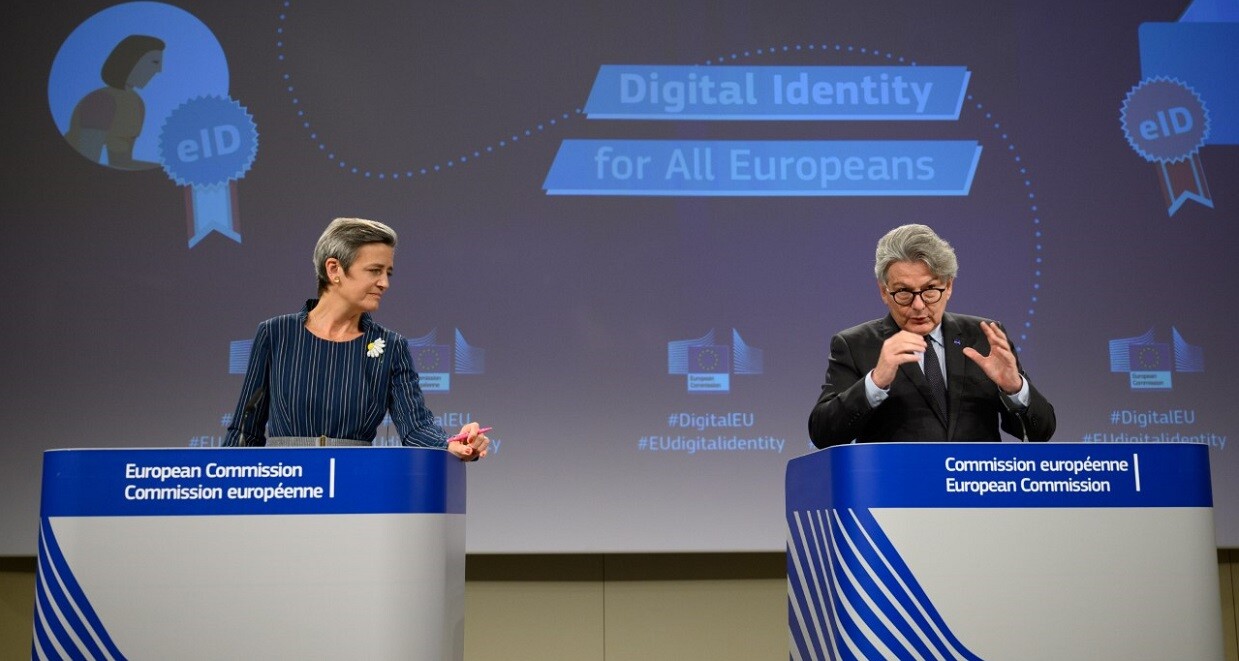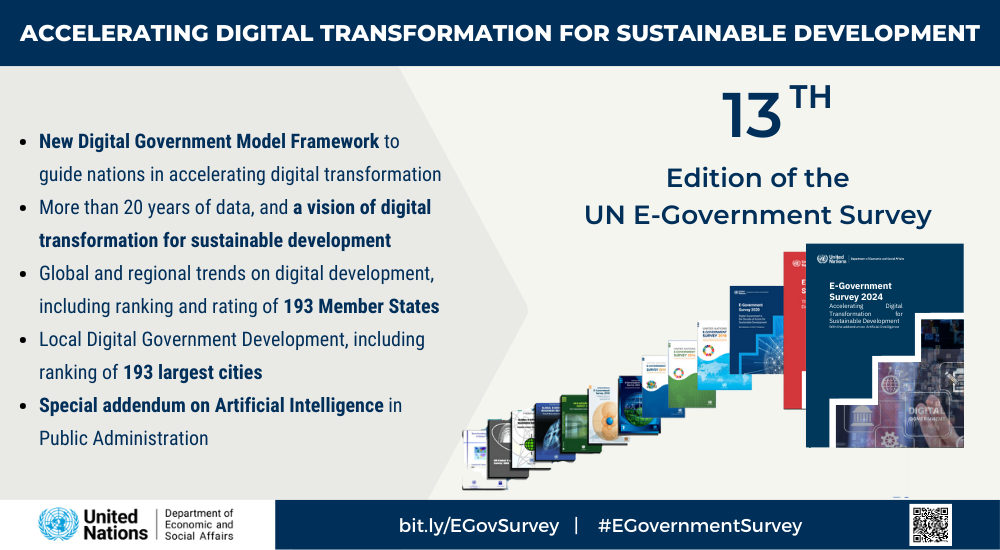

UK government publishes digital identity trust framework
The UK government has published draft rules for digital identities in the private sector,
with ‘sandbox-style’ testing on the cards ahead of finalised rules becoming law.
The ‘UK Digital Identity and Attributes Trust Framework’ includes principles, policies...

EU presents plan for bloc-wide digital ID wallet
The European Commission has revealed plans for a digital identification wallet
that the 450 million residents of the 27-nation European Union (EU) bloc would
be able to use to log into local government websites or pay utility bills...

Canada and EU look to end ‘Wild West’ atmosphere of digital credentials
Canada’s government and the European Commission have announced a
partnership to examine the use of digital credentials, including transactions
conducted through digital wallets for business and personal use, claiming
that a lack of international standards for digital wallets had led to a ‘Wild
West’ atmosphere and endangered ‘trust in the system’...

Governments and digital ID: from helping India through Covid to integrating services across Europe
The challenges – and success – of implementing a digital identity
system in the world’s largest democracy were discussed at a Global
Government Forum webinar that looked at how countries can implement
systems to help move public service delivery online

‘An unparalleled opportunity’: experts on digital ID’s potential to unlock fintech in government
Governments are keen to spur innovation in fintech, both in terms of
encouraging private sector investment and themselves adopting fintech
solutions to improve public policy delivery. Ian Hall reports on a webinar
that explored how digital identity initiatives can underpin – and bring
momentum to – the journey

Automated decision-making or automated decision-execution?
The recent case concerning an algorithm utilized by tax authorities in
the Netherlands to identify and penalize suspected benefits fraudsters
is one example of how serious the consequences of these decisions
can be. The notion of ADM in the context of privacy and data protection
regulation is getting attention in Canada and the U.S. as well as under
the EU General Data Protection Regulation.

A view from DC: Can we have symmetry in privacy choices?
“Measure and symmetry are beauty and virtue all the world over.”
— Socrates, in Plato’s Philebus.
Whether we accept symmetry as a fundamental measure by which
we can judge what is good and right in the world, we cannot deny
the importance of symmetry in art and science alike.

Data privacy and genetic testing: Guidance and enforcement from regulators
Begun in 1990, the Human Genome project had the goal of generating
the first sequence of the human genome. By 2003, 92% of the genome
was mapped and it was declared complete, while the final assembly was
completed in January 2022. Today, anyone can download the complete
sequence of a human genome from the National Library of Medicine's website.

Presidential election 2024: Where the candidates stand on privacy and AI governance policy
As the U.S. enters the final stretch of the 2024 election cycle, we face
a tight race at the presidential and congressional levels. With a razor-thin
margin separating Vice President Kamala Harris and former president Donald Trump,
we decided to take a look at the possible policy positions of each campaign with
regard to privacy and artificial intelligence governance.

US courts, regulators weigh in on online tracking in health care
Enacted around the time the general public started to access the internet,
the Health Insurance Portability and Accountability Act is complex, and its
reach is often misunderstood by companies.

UN E-Government Survey 2024
This thirteenth edition of the United Nations E-Government Survey,
released in 2024, provides a comprehensive assessment of the digital
government landscape across all 193 Member States.
